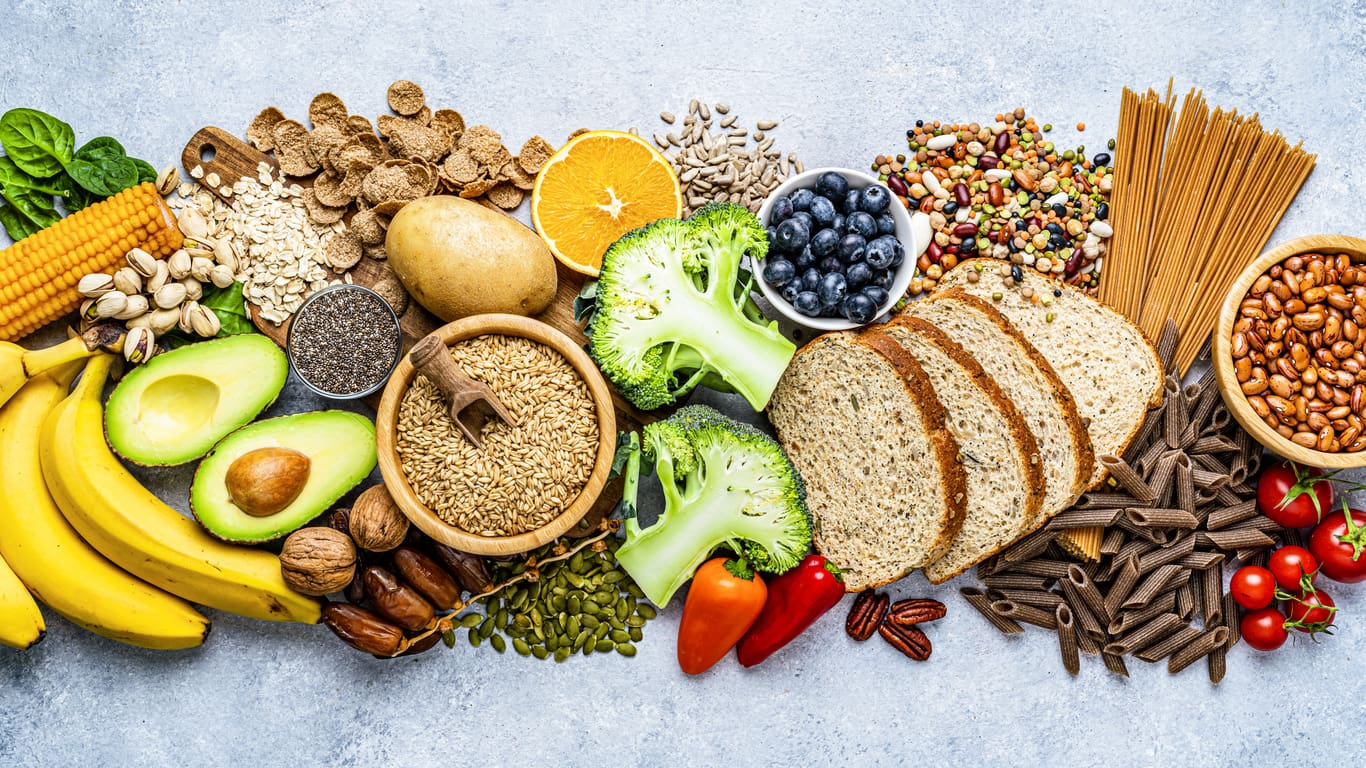
As consumers become more conscious about their health and the origins of their food, the demand for organic products continues to rise. People who buy organic food often lead healthier lifestyles, which can influence perceptions of its health benefits. But what does the “organic” label truly mean, and how do these standards influence the food we eat? In this post, we’ll explore how organic certification affects organic food quality, and why it matters for those committed to clean eating and better nutrition.
Organic food refers to produce, meat, dairy, and other food products that are grown, raised, and processed without the use of synthetic pesticides, herbicides, fertilizers, genetically modified organisms (GMOs), and other artificial additives. Organic farming practices prioritize soil health, biodiversity, and ecosystem balance, resulting in more sustainable and environmentally friendly food production. Organic food is not only better for the environment, but it also offers numerous health benefits, including lower exposure to pesticide residues and higher nutrient content.
Organic standards are strict regulations set by organizations like the USDA that govern how food must be grown, processed, and handled to earn the organic label. These guidelines prohibit the use of synthetic pesticides, genetically modified organisms (GMOs), and artificial additives. Instead, organic farmers rely on natural methods like crop rotation, composting, and biological pest control.
Understanding food labeled as organic is crucial, as the USDA has specific requirements that must be met for a product to be certified organic. These practices not only protect the environment but also promote organic food quality by nurturing the soil and enhancing biodiversity. By focusing on sustainability and transparency, organic standards help ensure that the food reaching your plate is safe, ethical, and nutritionally sound.
The USDA organic seal is a guarantee that a product meets strict organic standards. To be labeled as organic, a product must contain at least 95% organic ingredients. The USDA has three approved versions of the organic label for food that is certified organic. Products with 70-94% organic ingredients can be labeled as “made with organic” ingredients, while products with less than 70% organic ingredients can only list certified organic ingredients on the ingredient list. Understanding the organic label can help consumers make informed choices about the food they buy.
One of the most compelling reasons people choose organic is to avoid harmful chemicals. Conventional farming often relies on synthetic pesticides and herbicides, many of which can leave residues on produce. In contrast, organic foods typically expose consumers to lower levels of pesticide residue, making them essentially pesticide-free.
Consuming pesticide-free food is especially important for vulnerable populations such as children and pregnant women. Studies have shown that pesticide exposure, even at low levels, can be linked to a variety of health issues, including hormonal disruption and neurological problems. Choosing organic is a proactive step toward cleaner, safer food.
The debate over whether organic food is more nutritious continues, but emerging research supports the idea that organic nutrition may have an edge. Organic fruits and vegetables often contain higher levels of antioxidants, while organic meat and dairy products can have more omega-3 fatty acids compared to their conventional food counterparts.
Healthier soil tends to produce more nutrient-dense crops. Since organic farming avoids synthetic fertilizers and encourages biodiversity, it helps plants develop stronger natural defenses, which can translate to better nutritional content for consumers. When you choose organic, you’re not just skipping chemicals—you’re getting more from your food.
There are several common myths about organic food that need to be debunked. One myth is that organic food is more expensive than conventionally grown food. While it is true that some organic products may be pricier, many organic options are competitively priced, and buying in bulk or shopping at local farmers’ markets can help reduce costs. Another myth is that organic food is not more nutritious than conventionally grown food. While the scientific evidence is not yet conclusive, many studies suggest that organic produce may have higher nutrient content and lower pesticide residues than conventionally grown produce.
Organic farming has a significantly lower environmental impact than conventional farming. Organic farming practices promote soil health, biodiversity, and ecosystem balance, resulting in reduced greenhouse gas emissions, water pollution, and soil erosion. Organic farming also uses natural methods to control pests and diseases, reducing the need for synthetic pesticides and herbicides. Additionally, organic farming promotes sustainable agriculture practices, such as crop rotation and composting, which help to maintain soil fertility and reduce waste. By choosing organic food, consumers can support more sustainable and environmentally friendly farming practices.
Clean eating is about choosing whole, minimally processed foods that nourish your body. Organic ingredients naturally align with this philosophy. They are free from artificial preservatives, colors, and flavors, and are often grown and processed in more transparent, environmentally friendly ways.
By prioritizing organic ingredients, you support a food system that values quality over quantity. Whether it’s organic produce, grains, dairy, or meat, every choice you make helps shift the demand toward cleaner, healthier food options.

Understanding how organic standards impact food quality empowers consumers to make informed choices. With benefits ranging from pesticide-free produce to enhanced organic nutrition, the organic label offers more than peace of mind—it represents a commitment to clean eating and a healthier future. The evolution of the word ‘organic’ in agricultural terminology has significant implications for consumers concerned about pesticide exposure, as it ensures lower pesticide residues compared to non-regulated ‘pesticide-free’ foods. Next time you shop, look for certified organic ingredients and taste the difference that quality makes.
Interested in learning more about what goes into organic certification? Drop your questions in the comments below!
